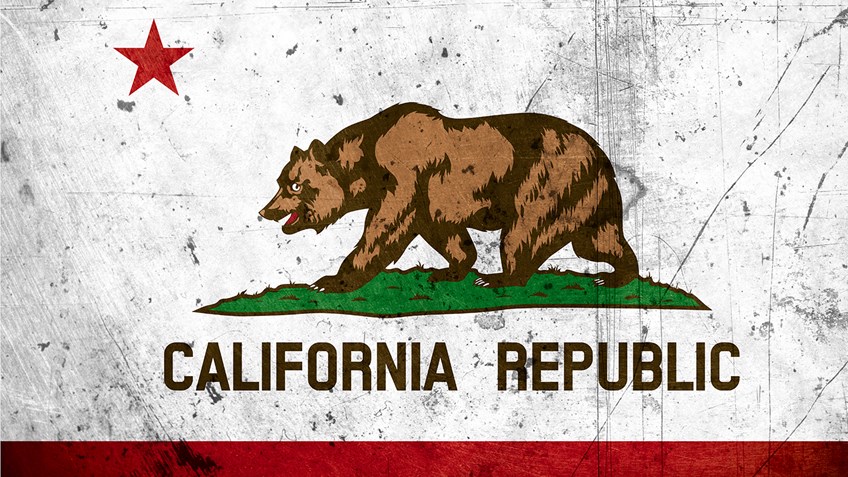COVID-19 hasn’t curtailed the California Legislature’s never-ending quest for gun control. Read how it’s all part of the process in the Golden State HERE
NRA-ILA
The same cannot be said for efforts to maintain good governance in the Golden State. Through restrictions on access to the state capitol and disorganized attempts at remote hearings, Californians have had their opportunity to be heard during the legislative process diminished by the pandemic.
At present, a handful of significant gun control measures are making their way through the California Legislature.
AB 2847, which passed out of the State Assembly’s Public Safety committee on May 19, would curtail the models of handguns available for purchase in California by requiring the removal of three firearms from the Roster of Certified Handguns for each new model of handgun added to the roster.
That same day the Public Safety committee also advanced AB 2362, which would empower the California Department of Justice to further harass gun dealers by levying fines of up to $1,000 for minor technical violations.
On May 20, the Senate’s Public Safety committee passed SB 914. This legislation would further restrict the ability to loan long-guns to minors and tax gun owners by raising the fees the California Department of Justice can charge for eligibility checks on certain ammunition purchases and precursor parts.
According to NRA’s resources on the ground in Sacramento, changes made to hearing procedure ostensibly for COVID-19 have limited stakeholder participation. Despite being home to Silicon Valley, technical limitations along with confused procedures have limited the opportunity to comment on proposed legislation remotely. In at least one instance, disorderly procedures made it so that witnesses attempting to testify were not notified of when they would be able to speak. Testimony for one committee hearing had to be cut short when the committee appeared incapable of troubleshooting the third-party vendor technology that they were using for the hearing.
Further, during the COVID-19 outbreak, lobbyists have been discouraged from attending committee hearings in-person and meeting with lawmakers in their offices. The term “lobbyist” has taken on a negative connotation in some corners, but when it comes to a civil liberties group like the NRA it is undeserved. In the case of NRA, average gun rights supporters from all over California pool their resources to ensure that their views are represented during the legislative process. Lobbyists that communicate to lawmakers the views and concerns of their constituency, especially those of a grassroots community like NRA, are a vital part of the legislative process.
Restricting avenues of participation in government is anathema to a proper functioning republic. The First Amendment to the U.S. Constitution protects “the right of the people… to petition the government for a redress of grievances.?” In regards to lobbying, U.S. Supreme Court Justice Harry Blackmun noted in his concurrence in Regan v. Taxation With Representation of Washington that “lobbying is protected by the First Amendment?.”
With their actions during the pandemic, the California Legislature has made clear, that in their view, extremist gun control proposals are essential, but the average citizen’s opportunity to meaningfully participate in the legislative process is not.









